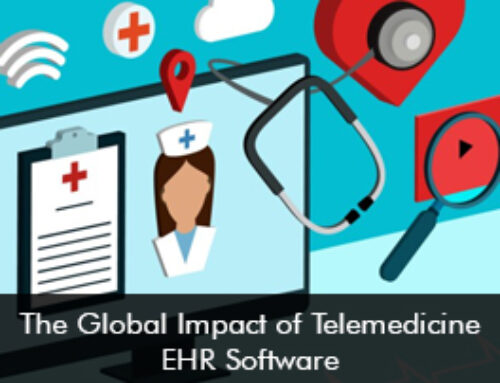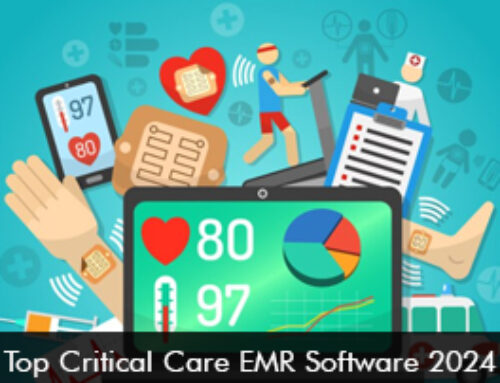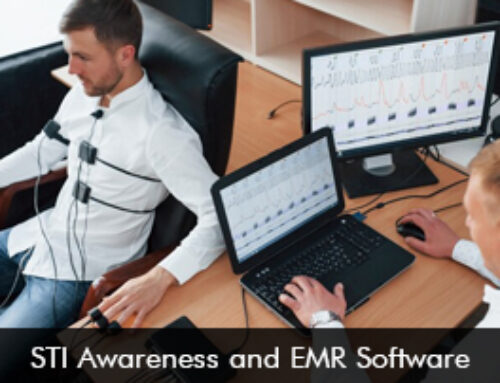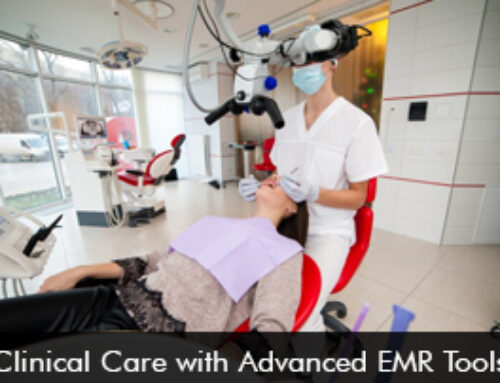The Center for Medicare & Medicaid Services (CMS) released the final rules for the Medicare Access & CHIP Reauthorization Act of 2015 (MACRA) on 14th October 2016. Amongst many changes was the flexibility in reporting measures for the Merit-based Incentive Payment Systems (MIPS) pathway.
The changes were prompted after CMS revealed the MIPS measures in April earlier this year, sparking widespread concern over, according to clinicians and healthcare organizations, stringent unattainable benchmarks, setting up clinicians for negative payments in the first adjustment year. According to CMS, they received over 3000 public comments on the proposed reporting rules. The comments were carefully considered, and the 90-day reporting provision has now been finalized as part of the proposed MACRA rules for performance year 2017.
The change aims to make reporting easier, and encourage clinicians to use their Electronic Health Record (EHR). Most EHR vendors, like MediTouch, Practice Fusion, and Nextech, have reviewed their software to make sure it is compatible with MACRA reporting requirements, and developed updates to their software accordingly, making the transition easier on clinicians.
Furthermore, CMS hosts a EHR certification portal on their QPP website where clinicians can check the certification status of their EHR, as well as the various measures clinicians will have to report on. The website is a great preparatory tool for clinicians hoping to gain positive performance scores in 2017.
Yet these aren’t the only changes made by CMS to put worries to rest. CMS further explained the agency intent to make changes under the Medicare EHR Incentive Program for eligible hospitals and critical access hospitals attesting to CMS by eliminating the Clinical Decision Support (CDS) and Computerized Order Entry (CPOE) objectives beginning in 2017. This includes hospitals that have dual-eligibility, allowing them to participate in both the Medicare and Medicaid EHR Incentive Programs.
Taking flexibility in reporting further still, CMS has proposed a reduction in thresholds for remaining measures and objectives for Modified Stage 2 and Stage 3. CMS is also finalizing an application process for a one-time significant hardship exception to the Medicare EHR Incentive Program for eligible professionals that are transitioning to MIPS in 2017.
These additions by CMS serve to increase flexibility, lower the reporting burden for providers, and focus on the exchange of health information and using technology to support patient care, yet the American Hospital Association (AHA) expressed that it expected more. Ashley Thompson, senior vice president for public policy analysis and development at AHA expressed that the Association was encouraged to see CMS include a 90-day reporting period for 2016 and 2017 and an adjustment in some of the reporting requirements. “However, the changes do not sufficiently align the hospital requirements with those that physicians will face under the Medicare Quality Reporting Program.”







